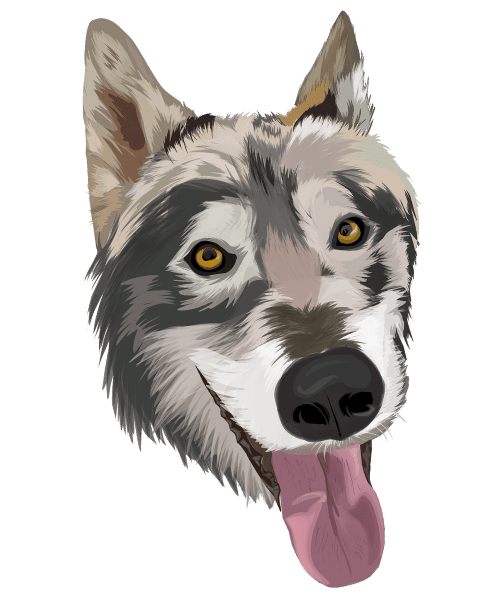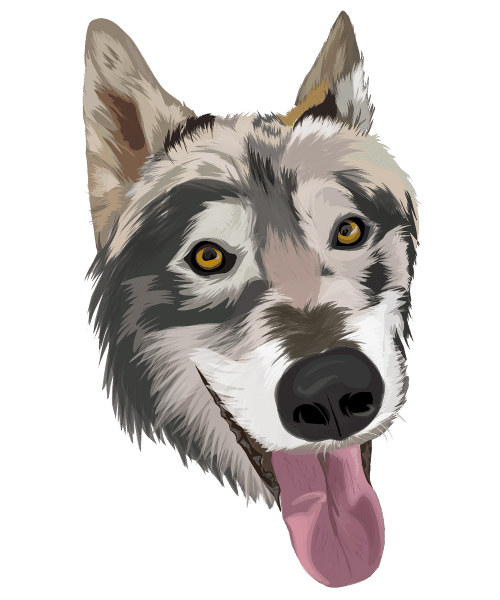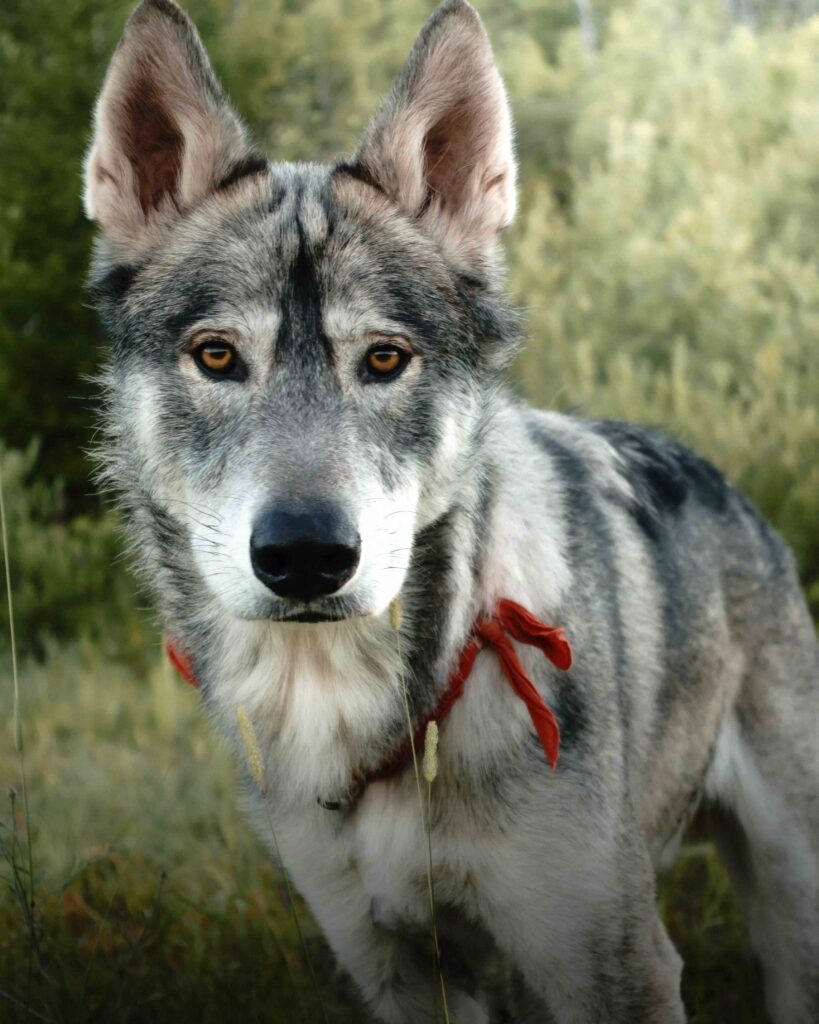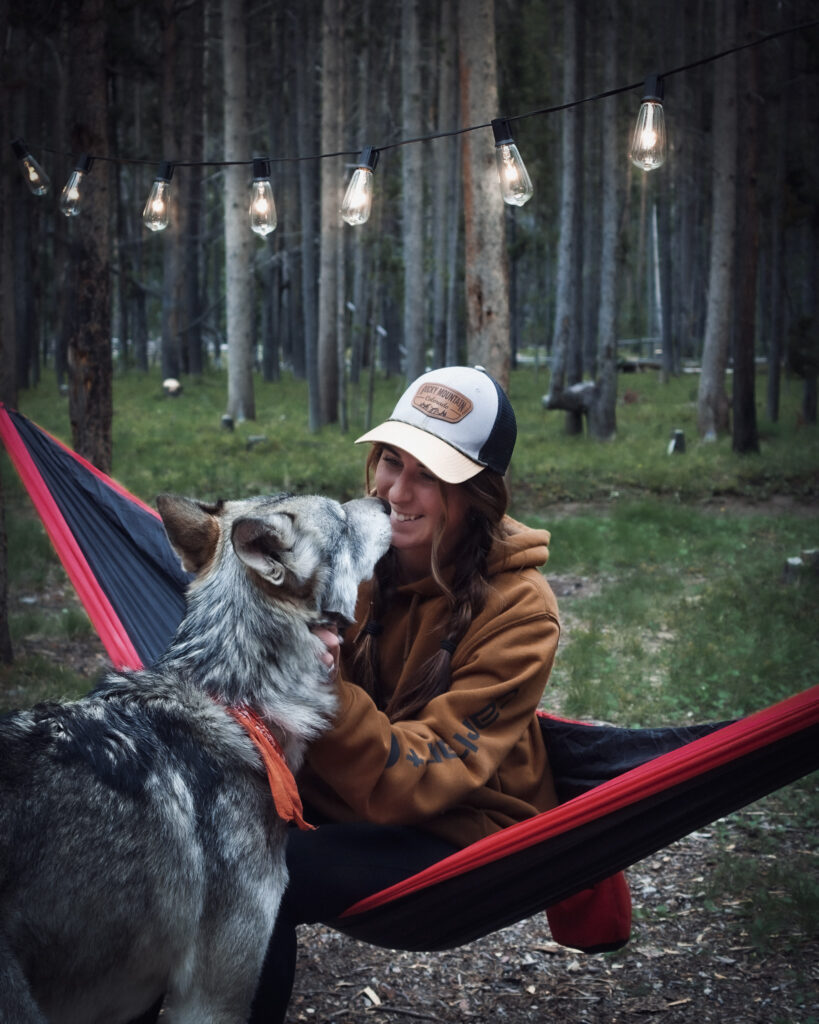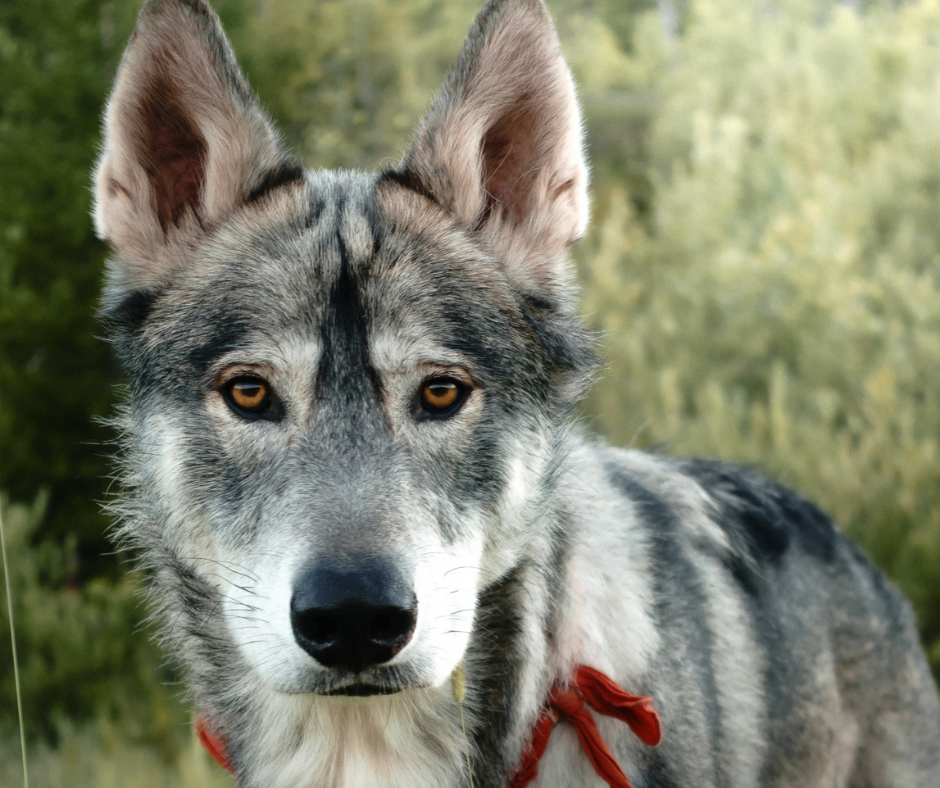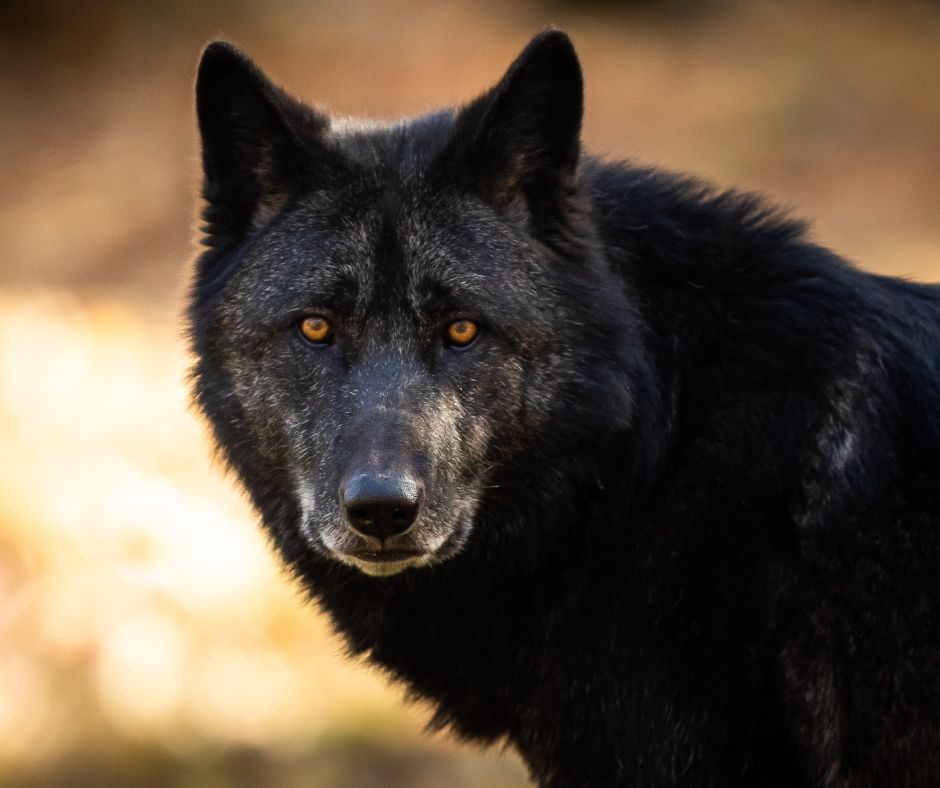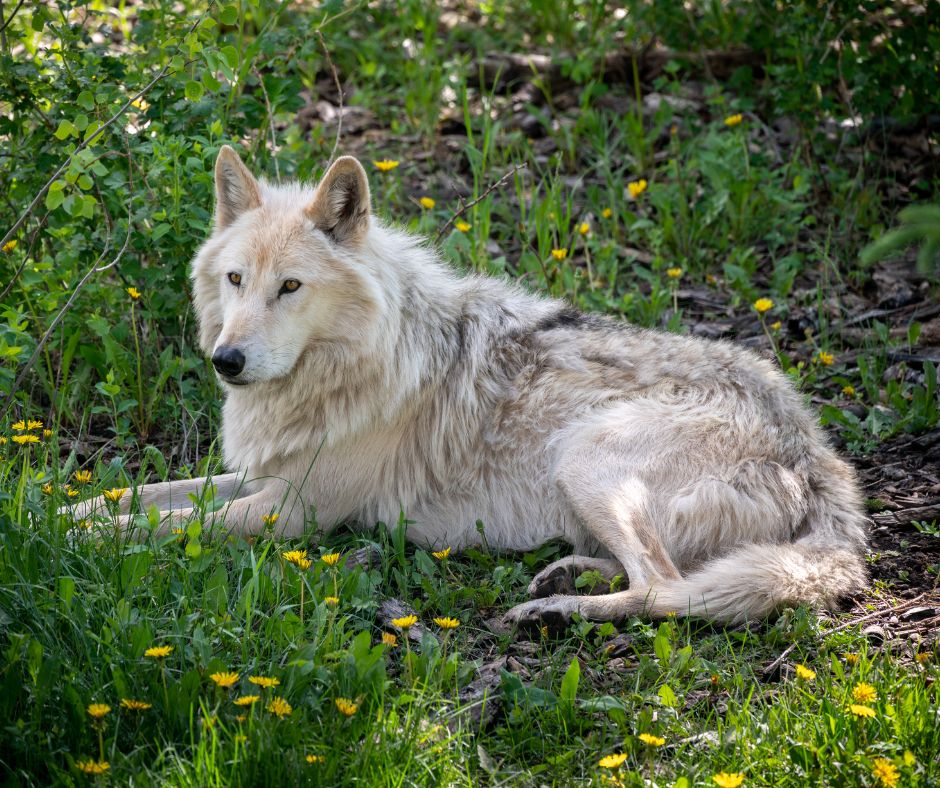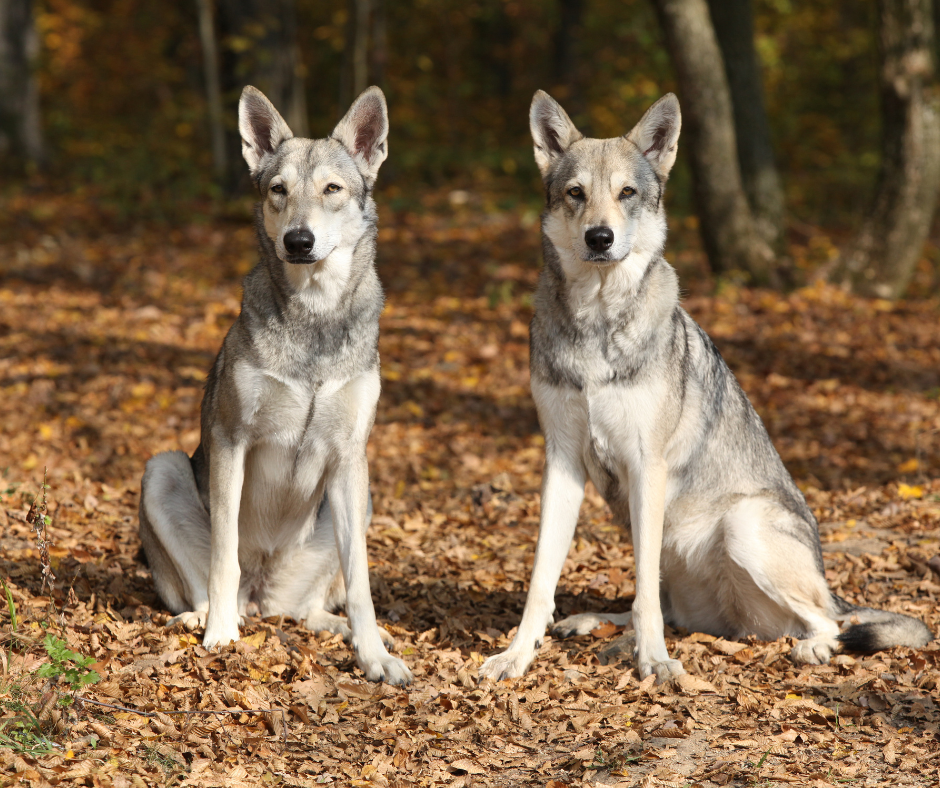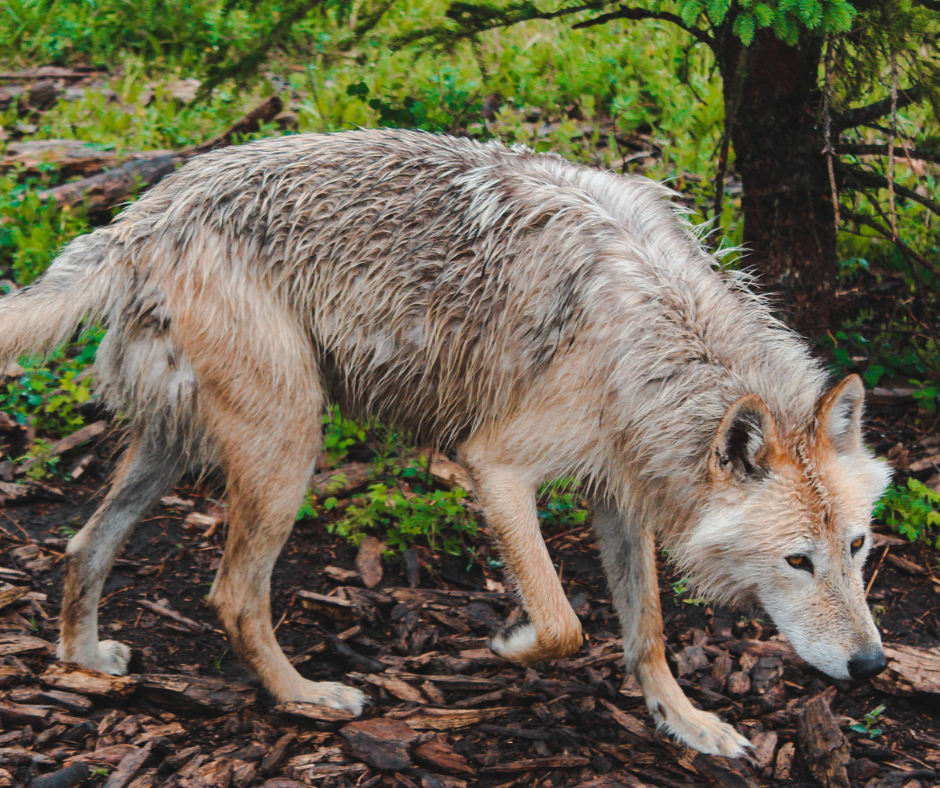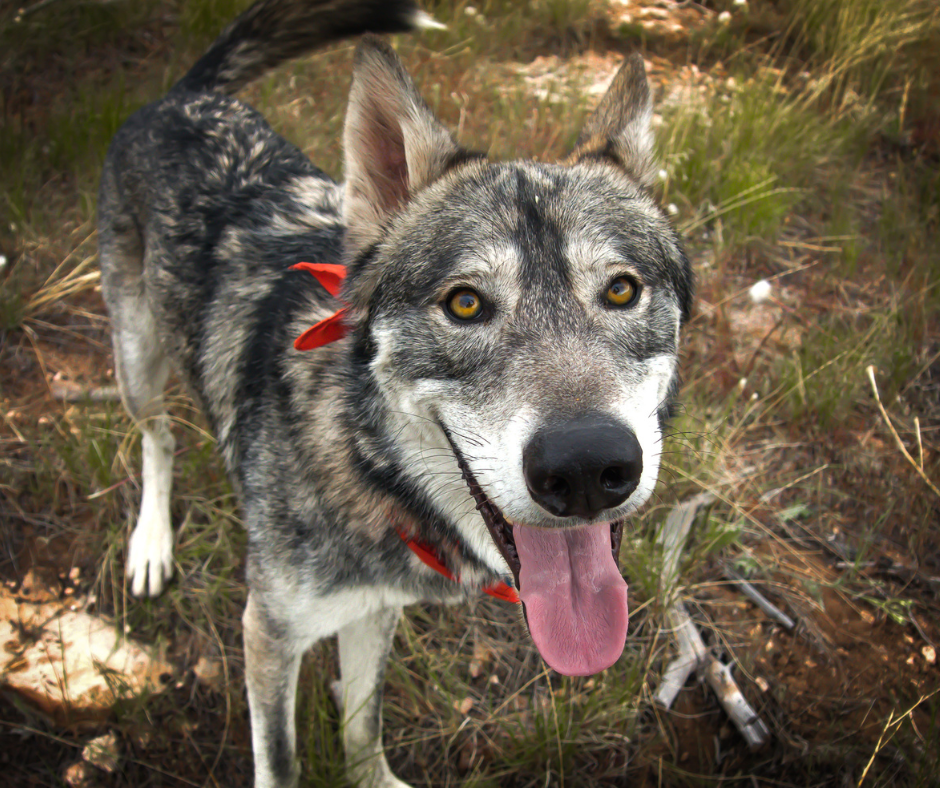Are Wolf Dogs Dangerous? Here’s What You Need to Know
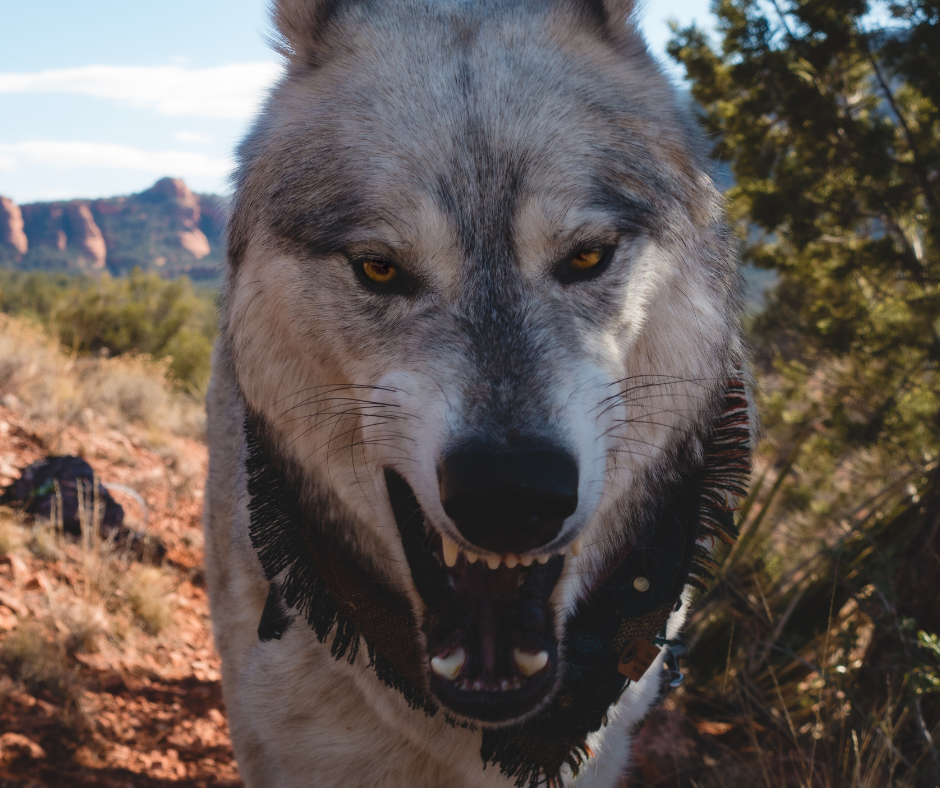
Peer reviewed by: Lori Wynn, Guardians of the Wolves
There is no doubt that wolf dogs are one of the most controversial dog breeds out there. Some people swear by their gentle nature and loving personalities, while others claim that they are too unpredictable and dangerous to own. So, are wolf dogs as dangerous as they seem? Let’s take a closer look at this breed and explore some of the things that could make a wolf dog dangerous. We’ll also discuss whether or not they are safe for the average person to own.
Fist of all, what Is A Wolf Dog?
A wolf dog is the multi-generational selective breeding of a wolf dog to another wolf dog OR wolf dog to a domesitc dog.
The vast majority of wolf dogs are actually 2, 3, or 4 generations removed from a pure wolf. In other words, their lineage includes one or more dogs between the pure wolf and the wolf dog.
Generations of descendants crossing between wolves and dogs produce offspring that are successively less wolf-like in appearance. The lower the Fgen the more wolf-like looks and behaviors you will see, an F1 will be very wolf-like as will an F2.
Anybody looking to adopt a wolf dog should be aware of the different percentages of wolf DNA present in each animal and how their behavior can vary significantly depending on their percentage of wolf DNA.
High-content wolf dogs = 85% or more wolf DNA
High content wolfdogs are not well suited for the average person. As they are mostly wolf, they are a lifestyle, a companion animal, not a pet. They are not aggressive animals; actually, they are more shy than the wolf. They are highly intelligent and can be trained to sit, come, eat gently from your hand. They need a lot of space to run and play. They are very active and require a lot of exercise and daily enrichment. A tired wolfdog is a happy wolfdog.
Mid-content wolf dogs = 50-84% wolf DNA
Mid-content wolf dogs are easier to own but still come with challenges. Mid-content wolf dogs still possess many of the wild instincts of their ancestors, but they are less likely to be aggressive or skittish. They are easier to train but they can still be destructive if they are bored or undersocialized. In addition, they require plenty of exercise stimulation and training.
Low-content wolf dogs = 49% or less wolf DNA
Low-content wolf dogs are typically the best choice for pet ownership. Low-content wolf dogs tend to be friendly and docile, and they are often easier to train than their high-content counterparts. However, they may not have the same striking appearance as their more wild relatives. A low content wolfdog will never prepare you for a mid or high content since they are mostly dog.
Table of Contents
ToggleConfirm Your Wolf Dog's DNA
If you are curious about what percentage of wolf your wolf dog has in their DNA, Embark is a Dog DNA Test that screens for over 200 different dog breeds, including wolf dogs. It also tests for 170 genetic diseases and traits. The test is simple to do at home – just swab your dog’s cheek with the provided swabs, register the kit online, and mail it back in the provided pre-paid envelope. You’ll receive your results in 2-4 weeks.
Wolves are Shy Animals by Nature
It is a common misconception that wolves are aggressive, dangerous animals. In reality, wolves are shy creatures that generally avoid contact with humans. They are more afraid of humans than humans of them. While they may be capable of inflicting serious harm, they will typically only do so if they feel threatened. In most cases, however, wolves will try to avoid confrontation by fleeing or hiding. There are less than a dozen recorded attacks by wolves in humans ever, in each incident they were sick.
What Exactly makes wolf dogs and hybrids dangerous?
Wolf dogs are often misunderstood. Due to their wild ancestry, many people believe that wolf dogs are dangerous and unpredictable. However, the truth is that wolf dogs can make wonderful companions. They are intelligent and trainable, and they form strong bonds with their owners.
Wolf dogs are no more dangerous than any other dog. The only thing that can make them become dangerous is poor breeding with a high COI (inbred score) or if they are sick.
Let’s take a look at some truths about wolf dogs and debunk the myths that many people think make them dangerous.
Wolf dogs are Intelligent
TRUE. Wolf dogs are highly intelligent and require a great deal of mental stimulation. If they become bored or frustrated, they may start to exhibit destructive behaviors, such as digging holes or chewing on furniture. In addition, since wolf dogs are so smart, they can learn quickly. This means they can also learn bad habits just as easily as good ones. If you don’t train your wolf dog properly, it may develop undesirable or even aggressive behaviors.
Wolf dogs have Alpha Tendencies
FALSE. It’s a common misconception that wolf dogs have “alpha tendencies.” The alpha theory has been debunked, and you generally only have trouble with same sex aggression.
Keep Reading: 10 Common Wolf Dog Behavior Problems + How to Solve Them
Wolf Dogs are Social Animals
FALSE. Wolfdogs are NOT social animals. Unless they are socialized from a very young age, wolf dogs will not be comfortable around other people or animals.
Socializing your wolf dog can prevent them from being timid, shy, and potentially dangerous. Exposing them to different people, places, and experiences in a positive way will help them be comfortable in a variety of situations. Proper socialization will help your wolf dog learn how to interact with other animals and people.
Wolf dogs are Incredibly Strong
TURE. Wolf dogs are incredibly strong, much stronger than a typical domestic dog. This is because they have wild ancestors who were built for survival in the wilderness. If a wolf dog gets excited or scared, they may unintentionally hurt you or someone else. Even on walks, they can easily overpower an adult human and can cause serious injuries. It is important to be aware of their strength and take precautions when necessary.
Wolf dogs are Notorious Escape Artists
TURE. But this does not make them dangerous but you can lose your wolf dog if an escape happens. This can be dangerous if they happen to escape from their yard or home, as they may not be able to find their way back or could be hit by a car.
Wolf Dogs Have A High Prey Drive
TRUE. If your wolf dog sees something small and furry running around, they may instinctually give chase and try to catch it. This could result in serious injury or even death for the animal being chased. By socializing your wolf dog, you can teach it not to have a prey drive while out and about with proper handling and training.
Wolf dogs are less loyalty than other dogs
FALSE. In fact, wolf dogs are incredibly loyal and bonded to their owners. They form strong attachments and bonds with the people they love, just like any other dog would.
Do wolf dogs make good pets?
Before you rush out to adopt a wolf dog, it’s important to consider whether or not these animals are a good fit for your lifestyle. Wolf dogs can be challenging to train and care for, and their wild instincts can sometimes emerge in unexpected ways. As a result, wolf dogs are not recommended for first-time pet owners or those who are looking for a low-maintenance companion. If you’re willing to put in the time and effort, however, a wolf dog can make a devoted and loving addition to your family.
Final Thoughts
Wolf dogs can be amazing companions but it’s important to be aware of the potential dangers they pose. Wolf dogs require a lot of exercise and space to roam, which isn’t always possible in a typical home or yard. If left alone for too long, wolf dogs may become bored and destructive. And because of their size and strength, they can easily escape from traditional fences. But by socializing them properly, you can help ensure they grow up to be well-rounded, friendly animals.
Before making the commitment to own a wolf dog, potential owners should do their research to ensure that they are prepared to provide the animal with the care and attention it needs. Wolf dogs are a high-maintenance breed, and they require a dedicated owner who is willing to invest the time and energy necessary to meet their needs.
Do you have any questions about wolf dogs? Leave us a comment, or check out our other wolf dog resources. We are happy to help educate people about these amazing animals.

